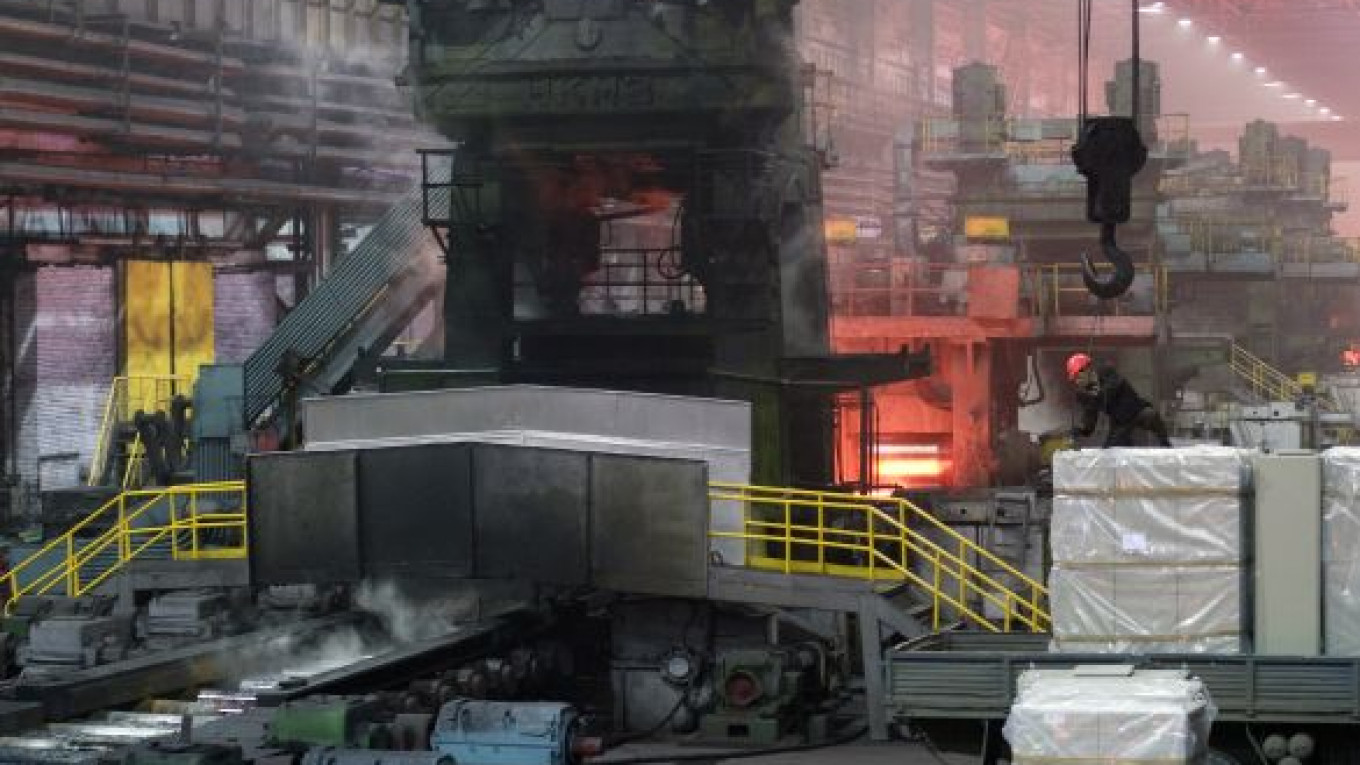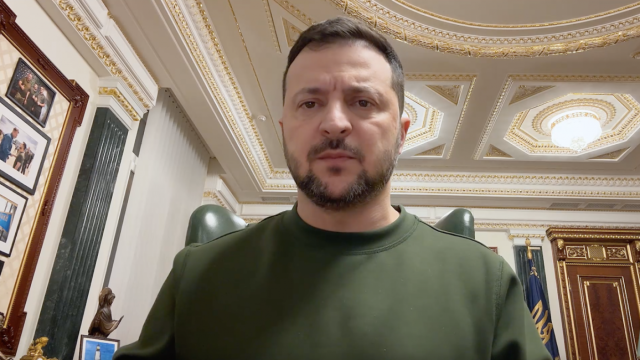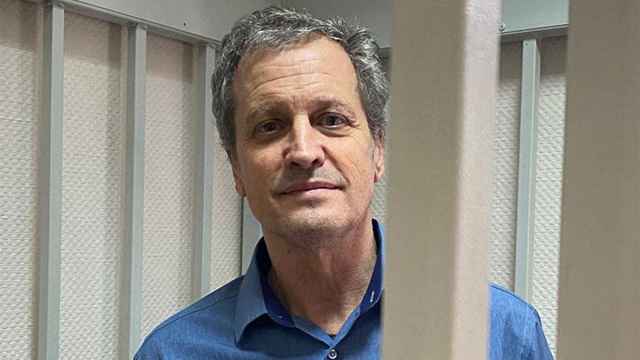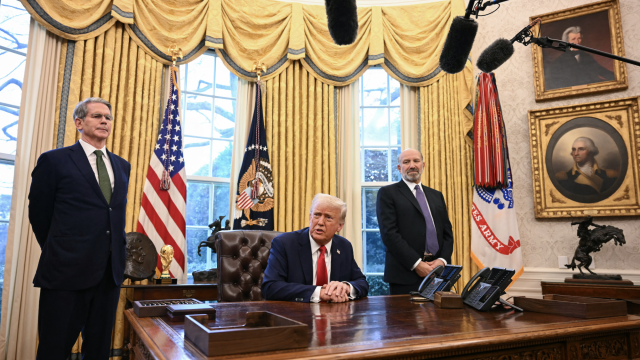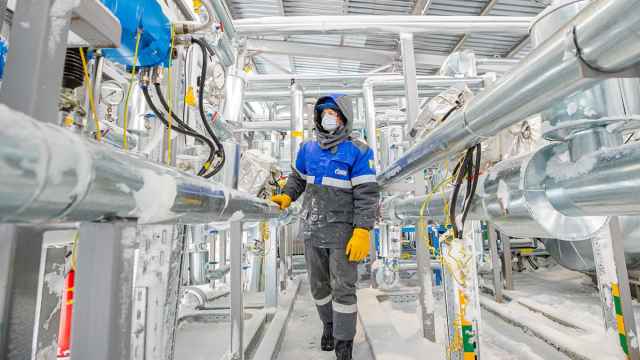Severstal has made a strategic decision to spin off its gold mining unit Nord Gold and focus on its steel business and production of related commodities, chief executive Alexei Mordashov said Thursday.
"Strategically, we believe that gold should be separated," he told a conference of investors and analysts in London, adding that all the steelmaker's investments should be "focused on steel-related assets."
But the company has yet to decide when and how to shed its gold mining unit, Mordashov said, adding that the decision largely depends on the market conditions, which are "pretty challenging."
He told Bloomberg on Thursday that the company intends to make the decision this year.
In February, Nord Gold postponed its $1 billion initial public offering in London, citing unfavorable market conditions. The company planned to list at least 25 percent of its shares.
Nord Gold is likely to go public next year, as a window for listing might appear from March to April, UralSib analyst Dmitry Smolin said.
Severstal hopes to increase steel production to 19.6 million metric tons annually by 2020 — a 33 percent increase over its 2010 output, the company said in a presentation.
The production of coking coal is expected to reach 17.9 million metric tons, up from 7.3 million metric tons last year, while iron ore output might reach 38.2 million metric tons compared with 13.8 million metric tons in 2010, it said.
The steelmaker plans to invest up to $2 billion annually to increase output, Mordashov told Bloomberg.
According to the presentation, Severstal will focus on emerging markets, which have good potential due to growing demand.
The burgeoning automotive market, "solid fundamentals for further construction growth" and "increasingly sophisticated machinery and oil and gas demand for premium products" will be the main drivers of steel consumption growth in Russia, the presentation said.
Mordashov said the domestic steel market is unlikely to face any significant problems due to the current uncertainty in global markets because steelmakers and the government are better prepared for the turmoil than before the 2008 crisis.
Local steelmakers have stronger balance sheets and are more cost-effective than three years ago, he said, adding that Severstal "is in a better position" because the company has no loss-making assets, having sold its Italian unit Lucchini and three U.S. steel mills.
The steel market was severely hit by the 2008 financial crisis when the overall demand for steel products slumped dramatically because construction companies — which account for more than half of all demand — had to freeze their projects.
A Message from The Moscow Times:
Dear readers,
We are facing unprecedented challenges. Russia's Prosecutor General's Office has designated The Moscow Times as an "undesirable" organization, criminalizing our work and putting our staff at risk of prosecution. This follows our earlier unjust labeling as a "foreign agent."
These actions are direct attempts to silence independent journalism in Russia. The authorities claim our work "discredits the decisions of the Russian leadership." We see things differently: we strive to provide accurate, unbiased reporting on Russia.
We, the journalists of The Moscow Times, refuse to be silenced. But to continue our work, we need your help.
Your support, no matter how small, makes a world of difference. If you can, please support us monthly starting from just $2. It's quick to set up, and every contribution makes a significant impact.
By supporting The Moscow Times, you're defending open, independent journalism in the face of repression. Thank you for standing with us.
Remind me later.


